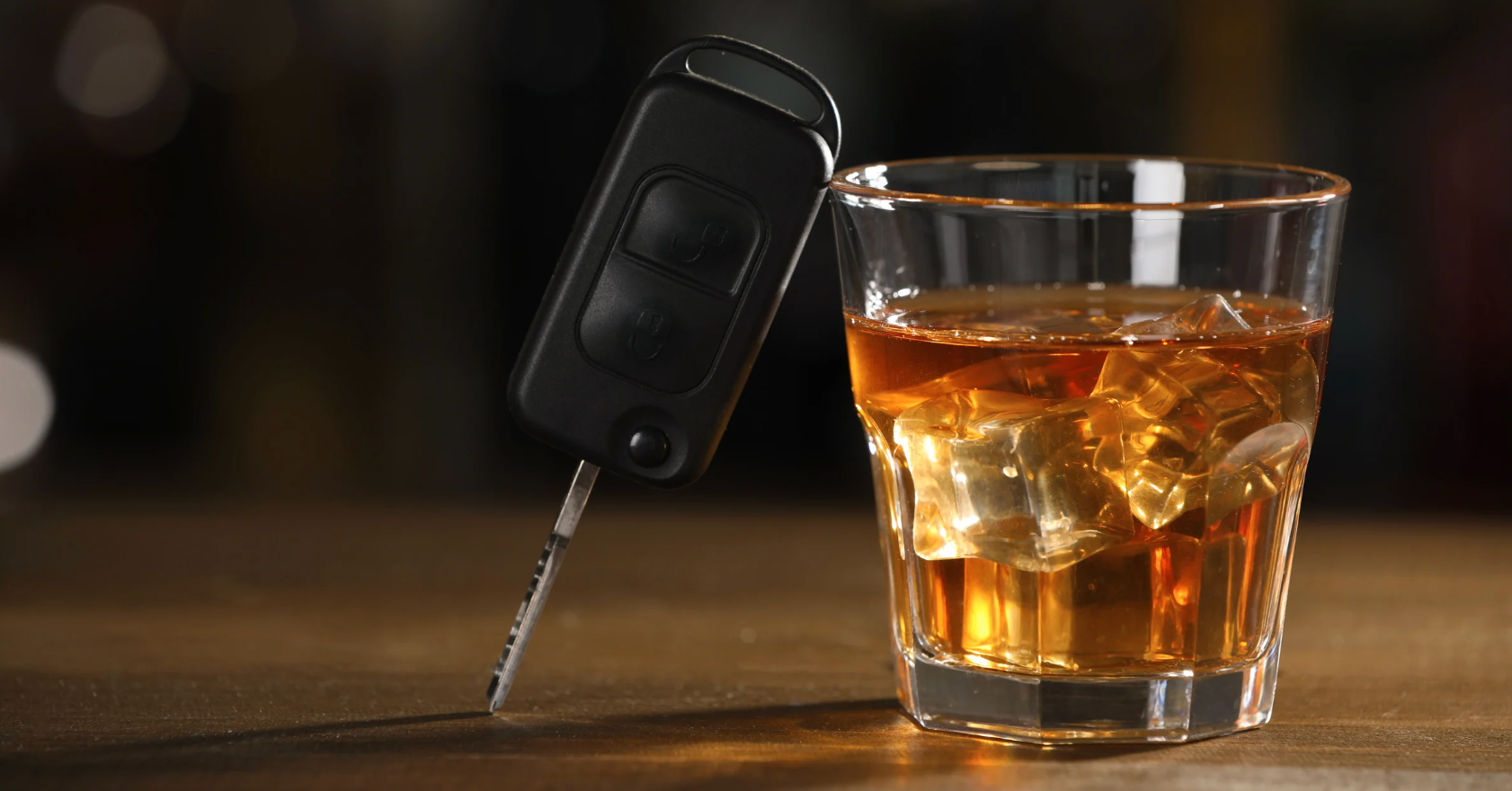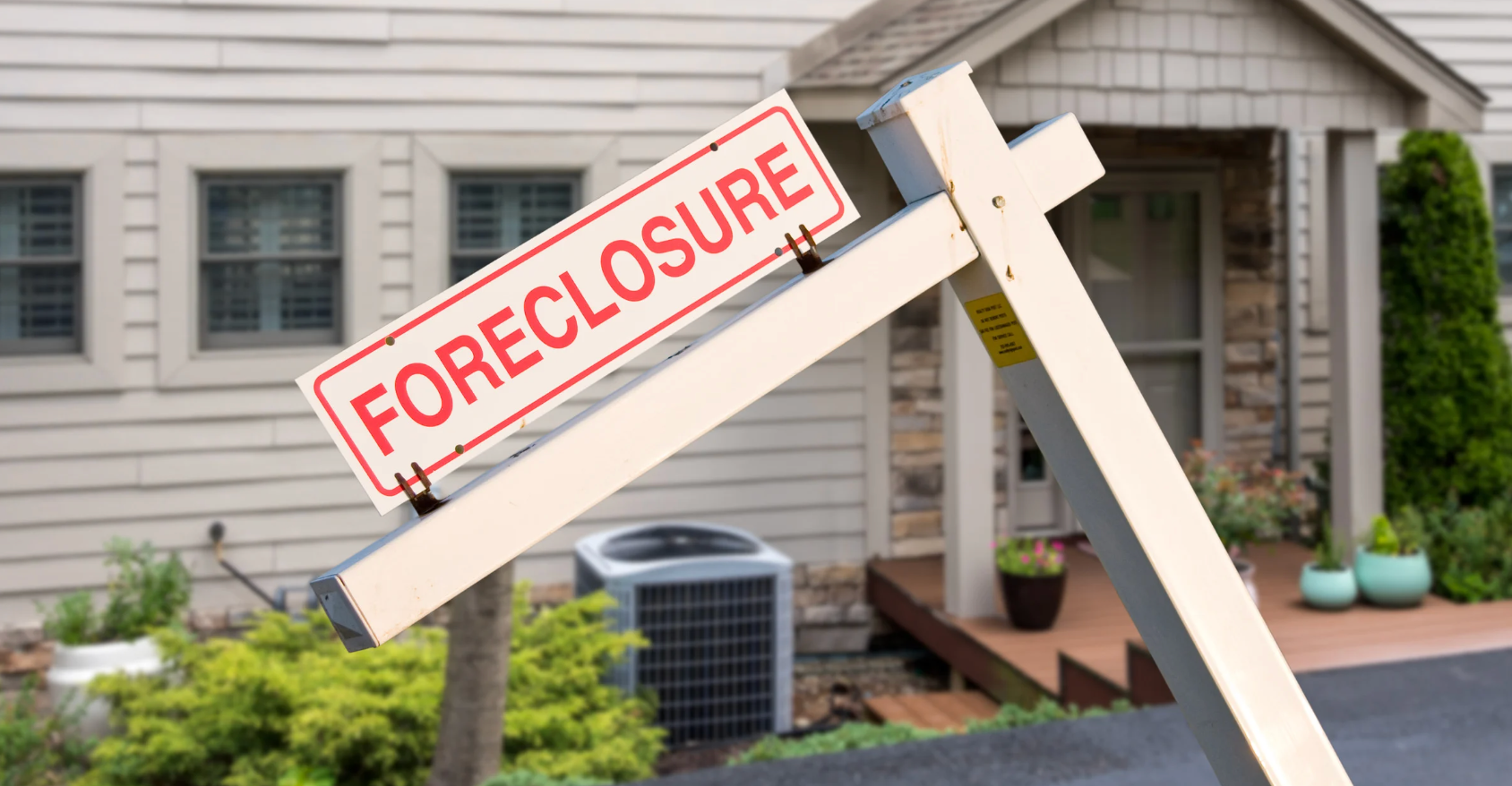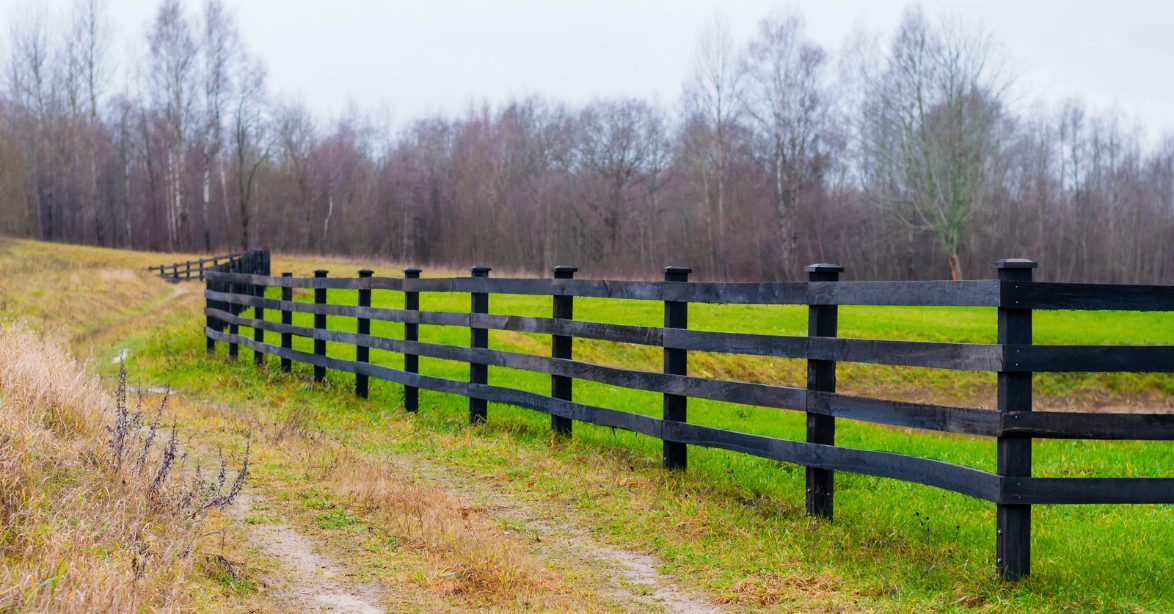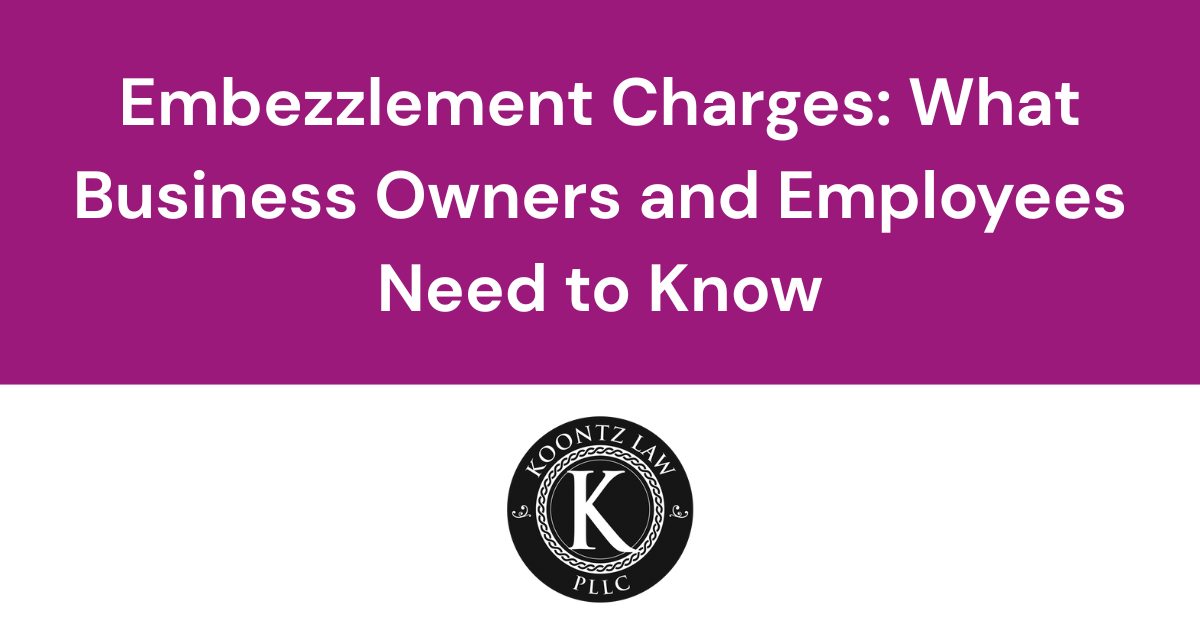Everything You Need to Know About Gun Laws in North Carolina
North Carolina has a unique set of
gun laws that every resident and visitor should understand to remain in compliance. Whether you own a firearm, are considering purchasing one, or simply want to stay informed, knowing these regulations is essential. Below is an overview of key firearm laws in North Carolina.
Purchasing Firearms
As of March 29, 2023, North Carolina no longer requires a pistol purchase permit from the local sheriff’s office to buy a handgun (Senate Bill 41). However, federal laws still apply, meaning you must be at least 21 years old and pass a background check when purchasing from a federally licensed dealer.
For rifles and shotguns, no state permit is required, but federal regulations still mandate that buyers be at least 18 years old and pass a background check if purchasing from a licensed dealer.
Carrying Firearms
To carry a concealed handgun, you must obtain a Concealed Handgun Permit (CHP), which requires you to:
The permit must be renewed every five years. North Carolina honors concealed carry permits from other states, but it’s crucial to familiarize yourself with local laws.
Open carry of firearms is legal without a permit, but there are restrictions on where you can carry, including government buildings, schools, and establishments serving alcohol.
Restrictions and Prohibited Areas
Firearms are strictly prohibited in certain locations, including:
Self-Defense Laws
North Carolina follows the Castle Doctrine, allowing individuals to use deadly force to protect themselves in their homes, vehicles, or workplaces without a duty to retreat if they believe it is necessary to prevent imminent death or serious bodily harm.
Outside of these locations, North Carolina law does not require you to retreat before using deadly force, as long as you are in a place where you have a legal right to be and believe such force is necessary to prevent imminent harm.
Contact Us For More Information
Understanding and adhering to North Carolina’s gun laws is essential for responsible gun ownership. Whether you are purchasing a firearm, carrying it openly or concealed, or using it for self-defense, knowing the regulations helps ensure you stay within the law. For more detailed advice or legal assistance regarding gun laws in North Carolina,
contact Koontz Law, PLLC. We are here to help you navigate these complex regulations and ensure your rights are protected.











